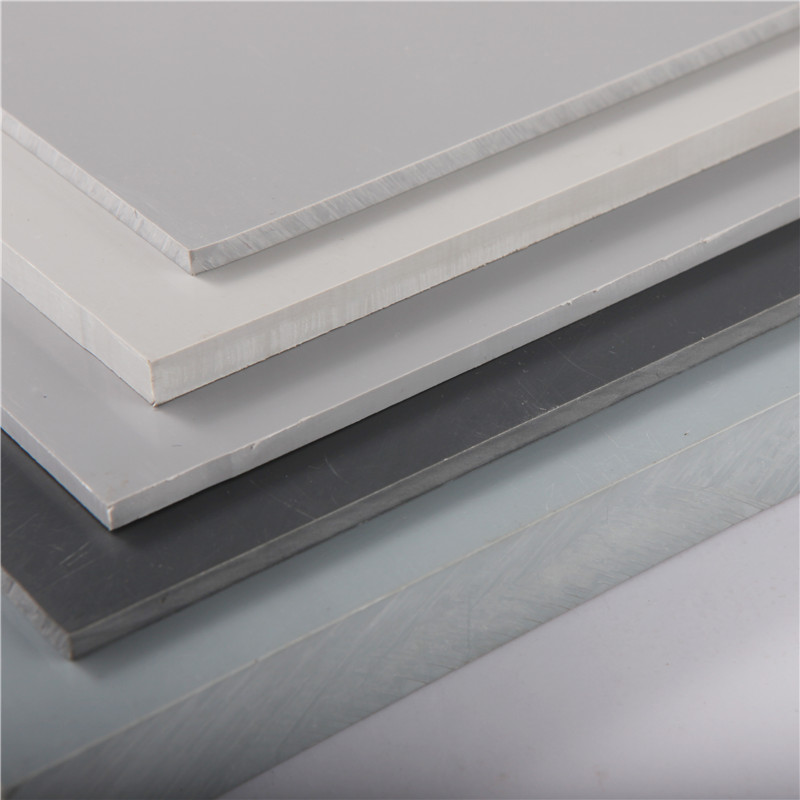Nov . 05, 2024 06:03 Back to list
solid hdpe pipe
The Versatility and Benefits of Solid HDPE Pipes
High-Density Polyethylene (HDPE) pipes have gained significant popularity in various industries due to their durability, flexibility, and resistance to a range of environmental conditions. Among the different forms of HDPE pipes, solid HDPE pipes stand out for their strength and reliability. This article explores the key features, advantages, and applications of solid HDPE pipes.
What is Solid HDPE Pipe?
Solid HDPE pipe is a type of pipe made from high-density polyethylene, a thermoplastic polymer noted for its high strength-to-density ratio. These pipes are characterized by their solid structure and are available in various diameters and lengths. Unlike other pipe forms, such as corrugated HDPE pipes, solid HDPE pipes have a smooth internal surface, which contributes to their excellent flow characteristics.
Key Benefits of Solid HDPE Pipes
1. Durability Solid HDPE pipes are resistant to impact, corrosion, and chemical damage. They can withstand harsh environmental conditions, making them suitable for applications in both above-ground and underground installations.
2. Lightweight Compared to traditional materials like metal and concrete, solid HDPE pipes are significantly lighter, which makes them easier to transport and install. This characteristic can lead to reduced labor costs and improved installation efficiency.
3. Flexibility One of the distinct advantages of solid HDPE pipes is their flexibility. They can bend without breaking, allowing for creative installation solutions in challenging terrains and environments.
4. Low Maintenance Due to their resistance to corrosion and chemical reactions, solid HDPE pipes require minimal maintenance over their lifespan. This feature makes them a cost-effective solution in the long run.
5. Water Conservation Solid HDPE pipes are known for their smooth interior, which minimizes friction and leads to efficient water flow. This property not only reduces the energy required for pumping but also conserves water.
solid hdpe pipe

6. Environmental Impact Made from recyclable materials, HDPE pipes are environmentally friendly. Their long life span also means that fewer pipes will need to be produced, thereby reducing the environmental footprint.
Applications of Solid HDPE Pipes
Solid HDPE pipes are employed in a multitude of applications across various sectors, including
- Water Supply Solid HDPE pipes are commonly used for potable water distribution systems due to their ability to resist scaling, corrosion, and biofouling.
- Sewer and Drainage Systems Their resistance to chemicals makes them ideal for municipal sewage systems and industrial wastewater applications.
- Agricultural Irrigation HDPE pipes are widely used in irrigation systems, ensuring efficient water distribution and reducing wastage.
- Telecommunications Solid HDPE pipes are often used in the trenching of telecommunications cables, providing protection against environmental elements.
- Chemical Processing The pipes can handle a variety of chemicals, making them suitable for use in chemical processing lines and facilities.
Conclusion
In summary, solid HDPE pipes offer a reliable, versatile, and sustainable option for a variety of applications. Their unique combination of durability, flexibility, and low maintenance makes them an ideal choice for industries seeking long-lasting solutions in water supply, drainage, agriculture, and more. As technology advances and environmental considerations become increasingly critical, the demand for solid HDPE pipes is likely to grow, positioning them as a cornerstone in modern infrastructure development. Embracing this innovative material will undoubtedly lead to improved efficiency, reduced costs, and a stronger commitment to sustainability in numerous sectors.
-
High Transparency PVC Clear Sheet Super Transparency PVC Sheets & HDPE Cutting Board Supplier
NewsJul.04,2025
-
High-Quality PVC-M Pipe Supplier Trusted PVC Pipe Company & 75mm PVC Connection Pipe Solutions
NewsJul.04,2025
-
PVC Transparent Sheet Roll - Durable & Flexible PVC Plastic Sheet Roll for Industrial & Home Use
NewsJun.24,2025
-
High-Quality PVC PPR Pipes and Fittings Durable ERA PPR Solutions
NewsJun.10,2025
-
High-Quality Large HDPE Sheets & Large Diameter PVC Pipe Durable Large PVC Pipe Supplier
NewsJun.10,2025
-
High Density Polyethylene Cutting Board - Durable & Food Safe
NewsJun.09,2025

